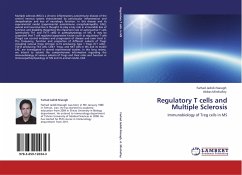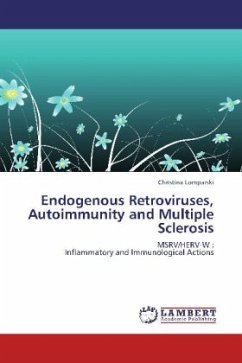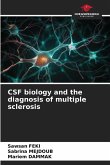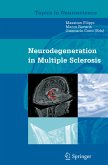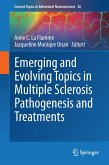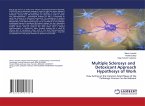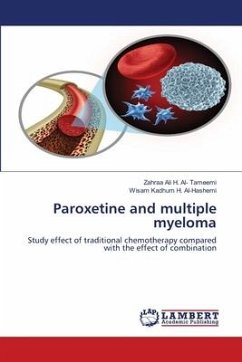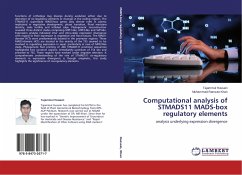Multiple sclerosis (MS) is a chronic inflammatory autoimmune disease of the central nervous system characterized by perivascular inflammation and demyelination and loss of neurologic function. In this disease and its experimental model (experimental autoimmune encephalomyelitis, EAE), axonal and neuronal loss is thought to play a key role in irreversible loss of function and disability. Regarding the important role of autoreactive T cells (particularly Th1 and Th17 cells) in pathophysiology of MS, it may be suspected that T cell regulator/suppressive factors such as regulatory T cells (Tregs) can control initiation and progression of disease and even treat it. The frequency, function and properties of different subsets of Tregs including natural Tregs (nTregs), IL-10 producing type 1 Tregs (Tr1 cells), TGF- producing Th3 cells, CD8+ Tregs, and NKT cells in MS and its model EAE, are investigated in several experimental studies. In this long review, we intend to submit the comprehensive information regarding the immunobiology of various subsets of Tregs and their roles and function in immunopathophysiology of MS and its animal model, EAE.
Bitte wählen Sie Ihr Anliegen aus.
Rechnungen
Retourenschein anfordern
Bestellstatus
Storno

